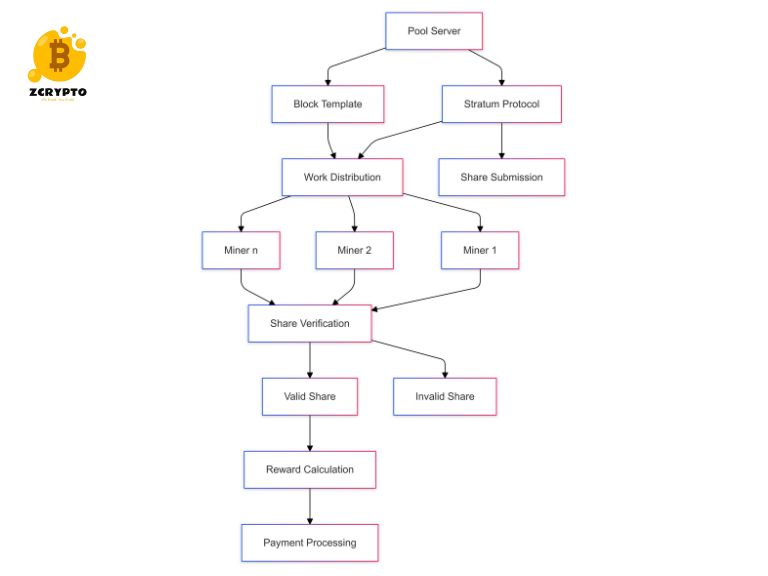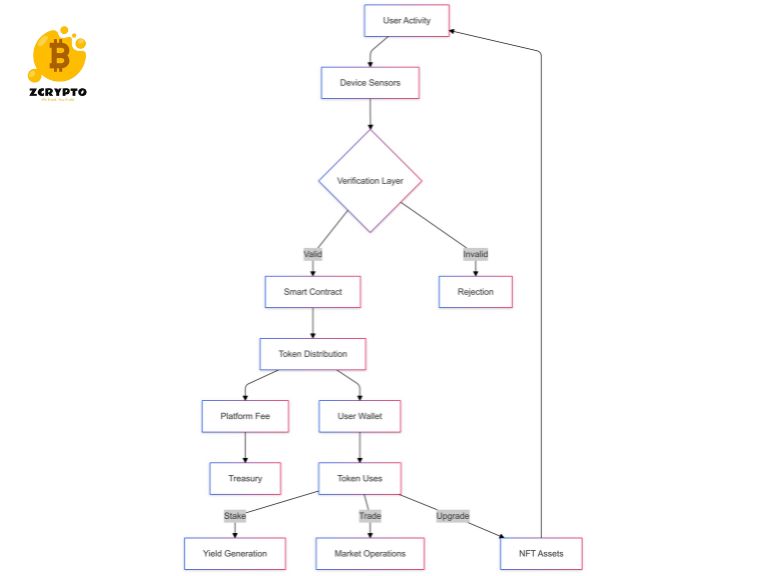What Are Appellate Courts?
Appellate courts are higher courts that review decisions made by lower courts to ensure they are in line with the law. These courts do not retry cases but instead focus on whether the lower court applied the law correctly. The process of filing an appeal involves submitting a petition to the appellate court, which then reviews the case based on specific criteria such as errors in law or procedural mistakes.
The distinction between appellate courts and supreme courts is important. While both are higher courts, supreme courts typically have the final say on matters of law within a jurisdiction and often hear cases involving constitutional issues or significant public interest. Appellate courts, on the other hand, are intermediate courts that handle a broader range of appeals before cases potentially reach the supreme court.
- How to Use the Annualized Income Installment Method to Optimize Your Tax Payments
- How Bail-Ins Work: Understanding the Financial Rescue Mechanism for Failing Banks
- Dogecoin Faces 14% Drop: Key Levels for Future Recovery
- Mastering Best Practices in Finance and Business: Essential Tips for Long-Term Success
- How to Set Up a Backdoor Roth IRA: A Step-by-Step Guide for High-Income Earners
Impact on Business and Investment
Tax Implications
The decision in Antio, LLC v. Dept. of Revenue by the Washington Court of Appeals highlights the significant tax implications that appellate court decisions can have on businesses. This case centered around whether investment income earned by a family trust was subject to Business and Occupation (B&O) tax in Washington state. The court’s ruling established a 5% gross receipts threshold, which means that if an entity’s gross receipts from investment activities exceed this threshold, it may be subject to B&O tax.
For businesses, especially those involved in private equity or family trusts, this decision can significantly impact their tax strategies. It underscores the importance of accurately classifying income and ensuring compliance with state tax regulations to avoid unexpected liabilities.
Regulatory Challenges
Appellate courts also play a critical role in addressing regulatory challenges faced by businesses. Recent Supreme Court decisions such as Loper Bright Enterprises v. Raimondo, SEC v. Jarkesy, and Corner Post Inc. v. Board of Governors of the Federal Reserve System illustrate this point. These cases involve interpretations of federal regulations that can either ease or complicate the operational environment for businesses.
For instance, in Loper Bright Enterprises v. Raimondo, the Supreme Court’s decision affected how businesses comply with federal regulations related to employment law and labor standards. Such rulings can have widespread implications for companies operating under federal oversight, necessitating adjustments in their compliance strategies.
Corporate Rights and Liabilities
The Supreme Court’s stance on corporate rights and liabilities is another area where appellate court decisions have a profound impact. There has been a paradoxical trend where corporate rights have been expanded while pathways to liability have been narrowed. This balance affects how corporations operate and their exposure to legal challenges.
For example, expanded corporate rights might protect companies from certain types of lawsuits, but narrowed pathways to liability could make it harder for individuals or other entities to seek redress when wronged by corporate actions. This dynamic requires businesses to be vigilant about their legal standing and potential liabilities.
Case Studies and Examples
Antio, LLC v. Dept. of Revenue
The Antio case is a prime example of how an appellate court decision can affect various types of investment businesses. The ruling clarified that certain types of investment income are subject to B&O tax in Washington state, which could impact family trusts, private equity funds, and other investment vehicles. This decision serves as a reminder for these entities to review their tax strategies carefully to ensure compliance.
Uber and Lyft
The legal battle between Uber and Lyft and California’s employment law is another illustrative example. When these companies appealed against being classified as employers under California’s AB5 law, they were seeking clarity on their operational status. The outcome of such appeals can significantly influence how gig economy companies operate, impacting both their business model and employee relations.
Bạn đang xem: How Appellate Courts Impact Business and Investment: A Guide to Understanding Their Role
Other Notable Cases
Xem thêm : What is ODL (On-Demand Liquidity)?
Other notable cases like Connelly v. United States and Moore v. United States also highlight the broad reach of appellate court decisions. These cases often involve complex legal issues that can set precedents affecting various sectors of business.
Practical Considerations for Businesses
Monitoring Litigation
Businesses should closely monitor ongoing litigation, especially cases like Antio, as they can have direct implications on their operations. Staying informed allows companies to anticipate and prepare for potential changes in tax laws or regulatory environments.
Optimizing Tax Strategies
Xem thêm : How to Calculate and Manage Allowance for Credit Losses: A Comprehensive Guide
Given the Antio decision, it is crucial for businesses to review their Washington-sourced income carefully. Proper classification of receipts, deductions, and exemptions can help minimize B&O tax exposure. Consulting with tax professionals to optimize tax strategies is essential in this context.
Adapting to Regulatory Changes
Appellate court decisions can lead to changes in regulatory environments. Businesses must be agile in adapting to these changes by updating their compliance strategies accordingly. This might involve training staff on new regulations or adjusting operational processes to align with legal requirements.
Nguồn: https://poissondistribution.lat
Danh mục: Blog





